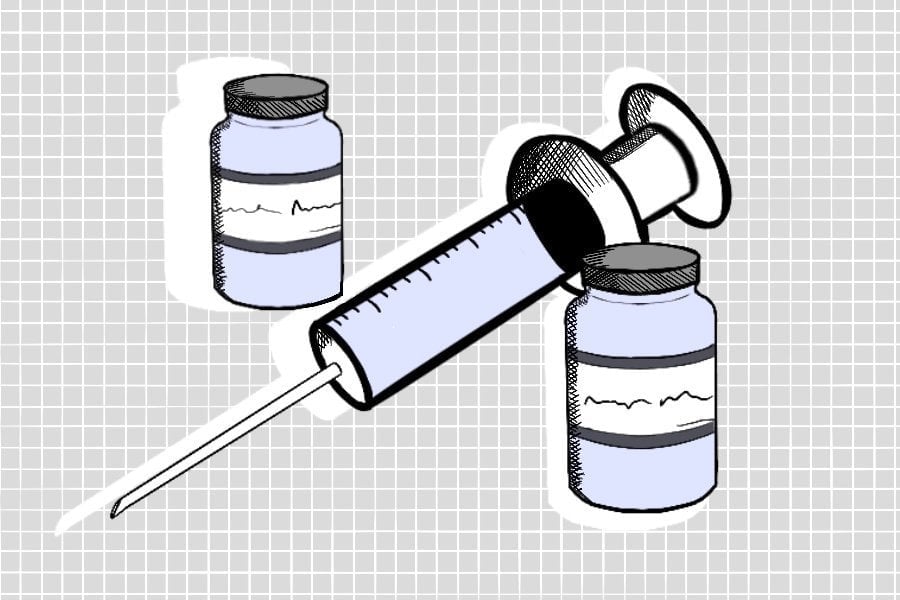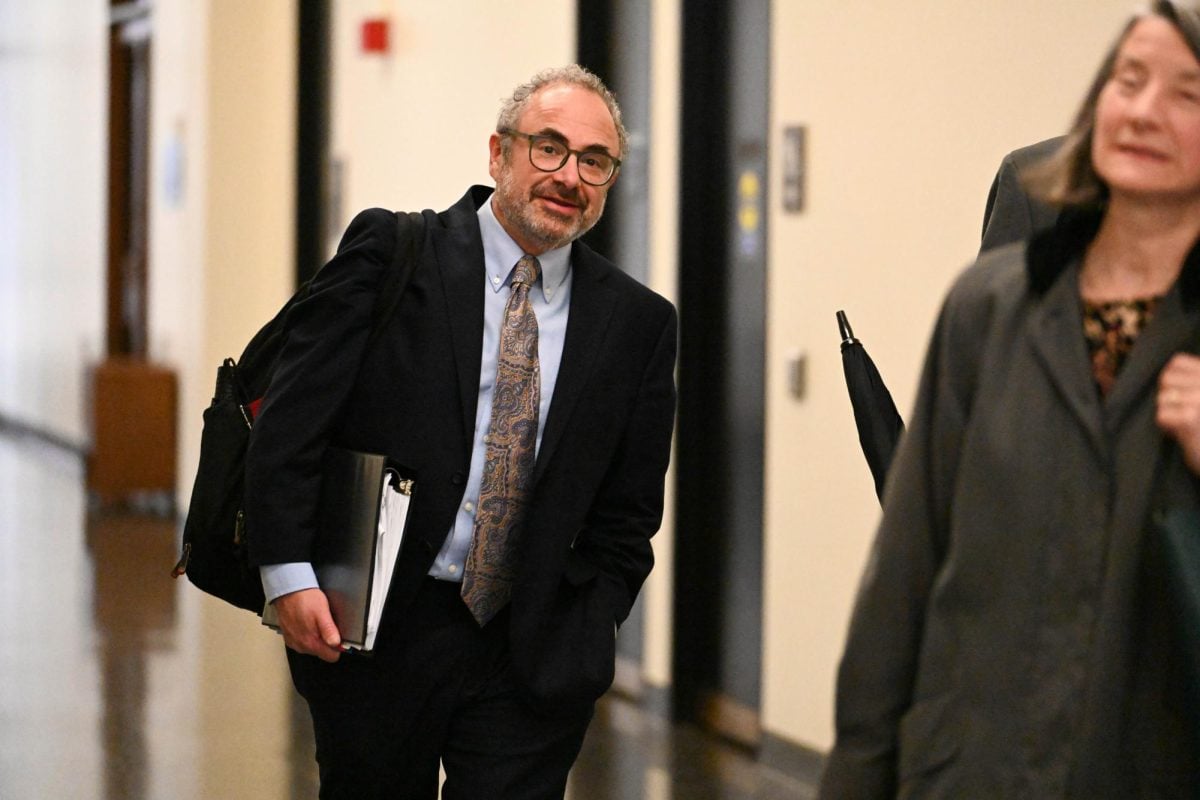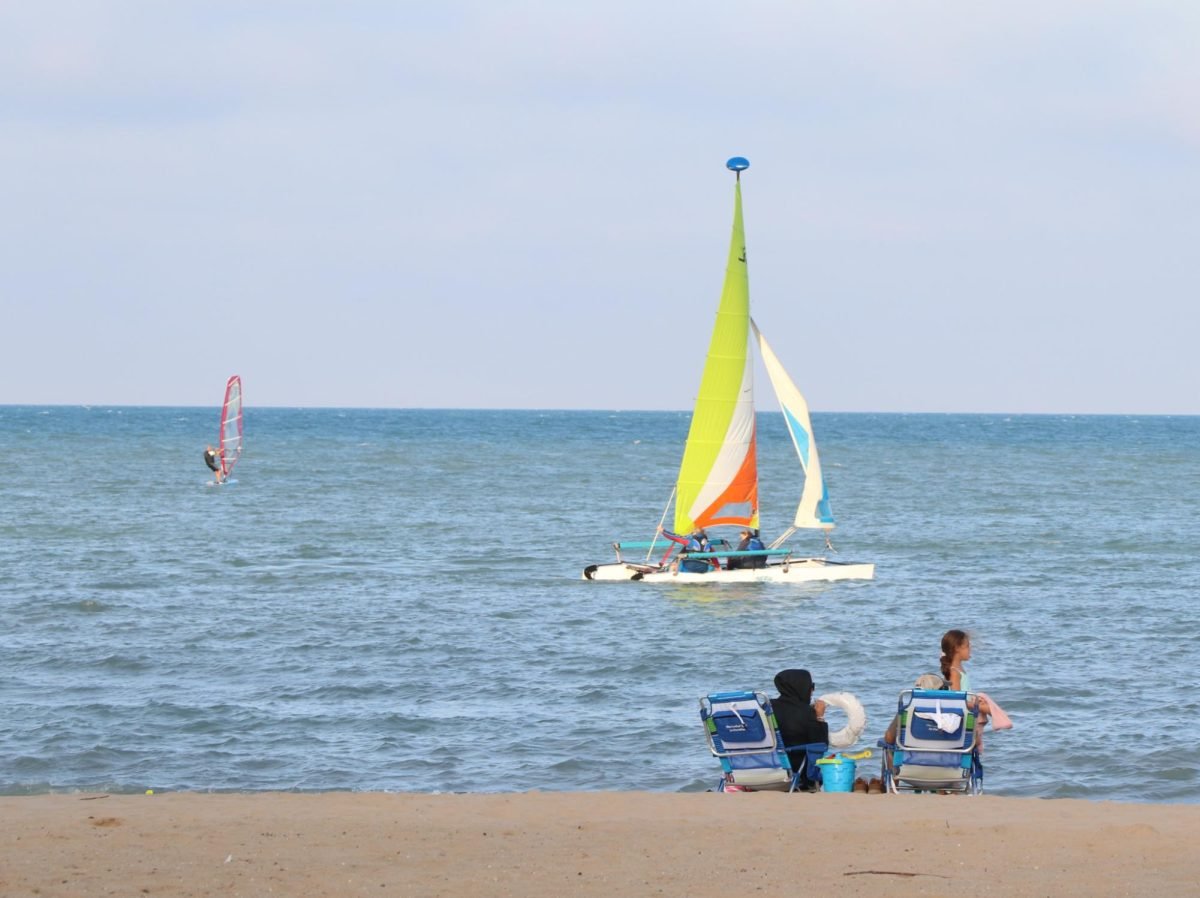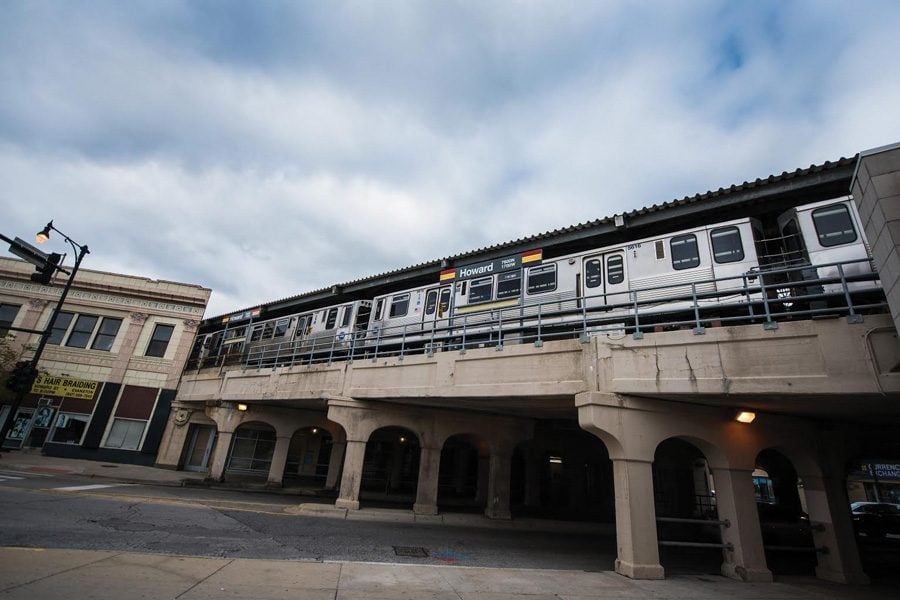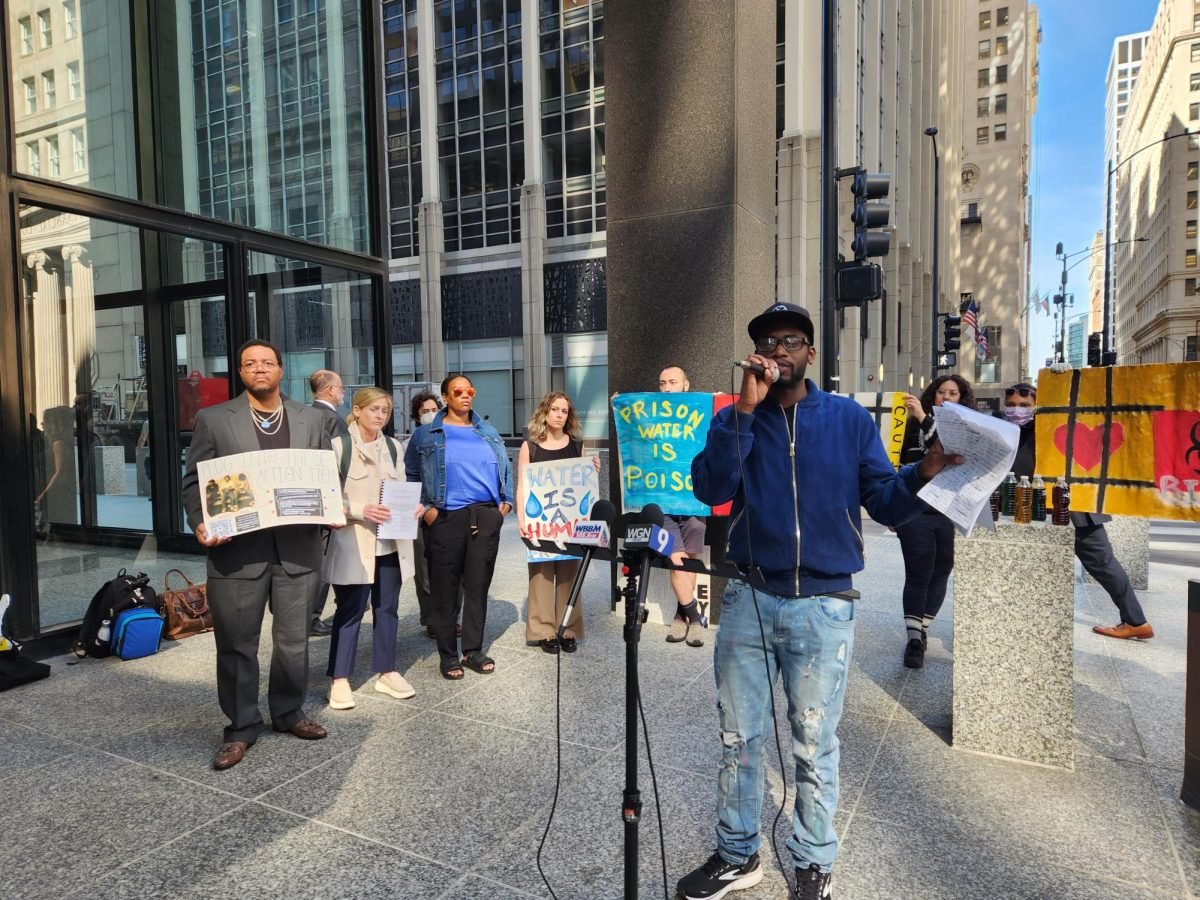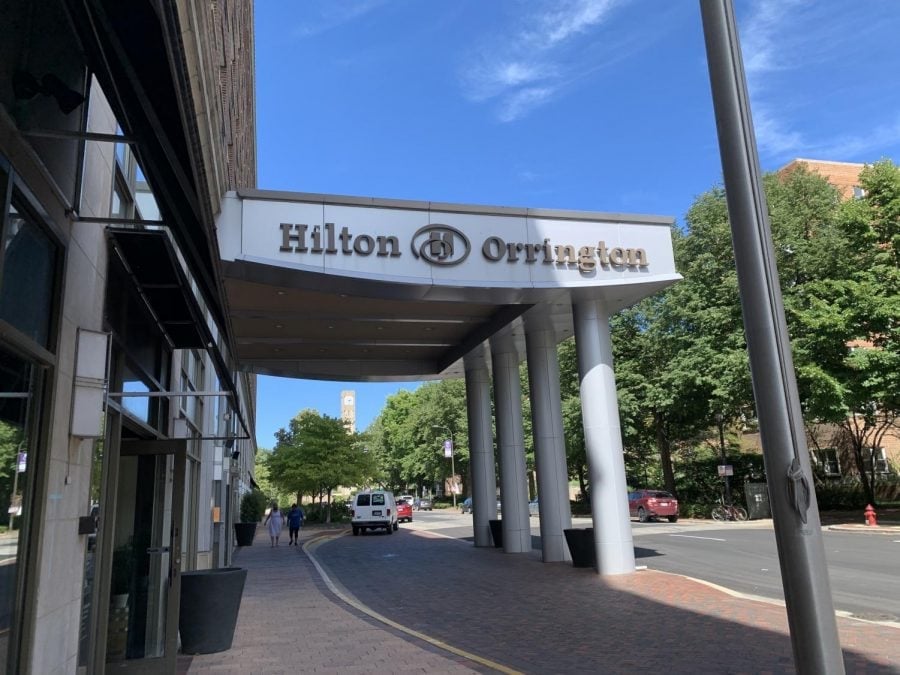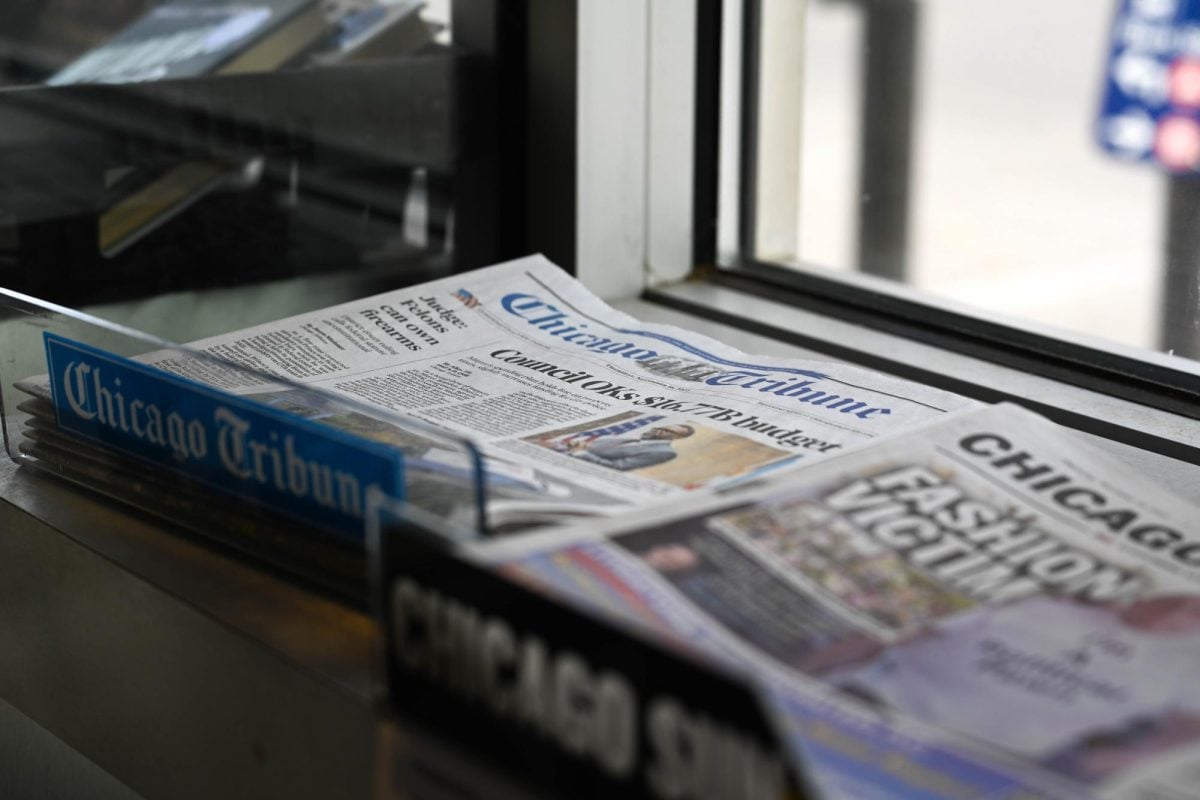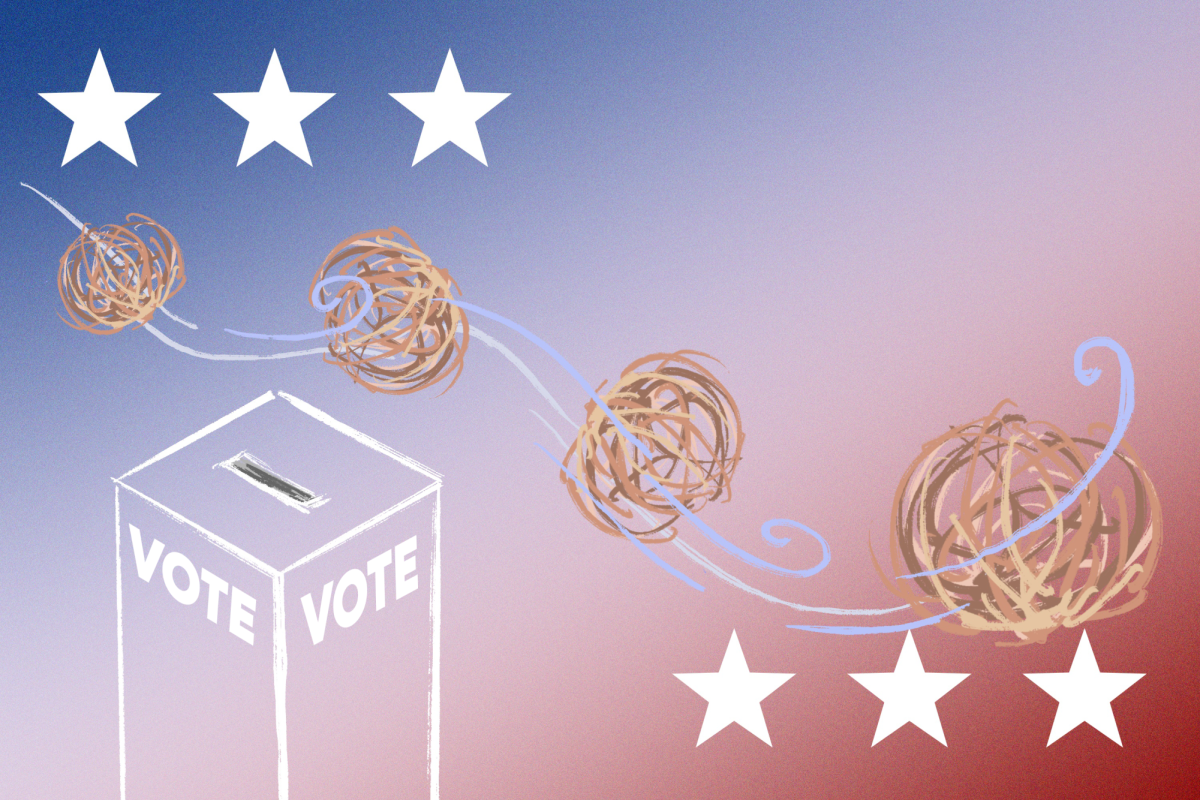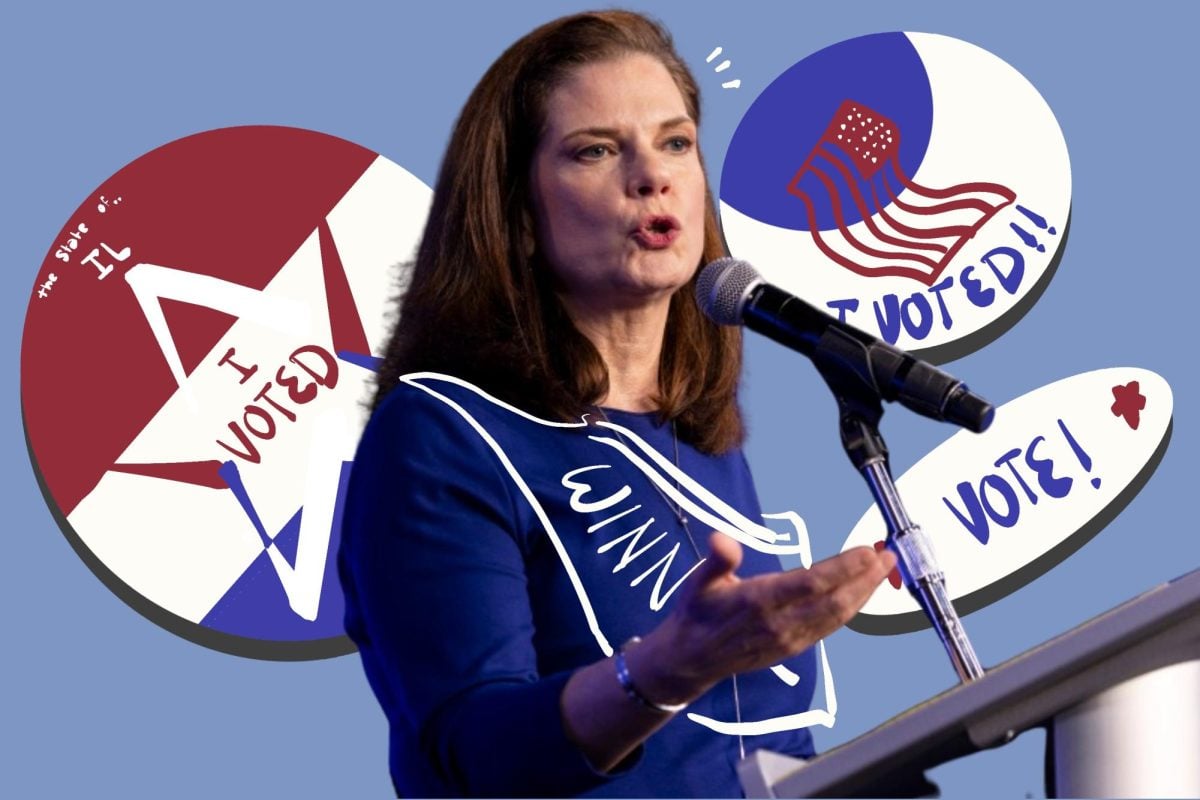The Metra board unanimously passed their proposed 2012 budget Friday, clearing the way for fares to rise by an average of 25 percent next year – the biggest single fare hike in the company’s history.
Evanston lies in the C zone on the Metra system. Starting Feb. 1, 2012, the cost of a one-way ticket from this zone to downtown Chicago will increase from $3.50 to $4.25. Ten-ride fares will increase from $28.50 to $38.25 and the cost of a monthly pass will jump from $90.45 to $121.00 – a 33 percent hike.
Metra spokesman Michael Gillis said Metra simply has “a responsibility to balance the budget” because its expenses have been out of line with revenues, creating a $53.6 million budget gap.
“We believe this has put us on more stable and sound financial footing,” Gillis said. “We’ve done what we can to cut our expenses and reduce the size of the needed fare hike but we still have to balance our budget.”
Metra board members were not available for comment to The Daily over the weekend but did speak to the Chicago Tribune immediately after the vote.
“Nobody on the board is happy about raising fares, but it is the responsible thing to do,” said Jack Shaffer, Metra treasurer, in an interview with the Tribune.
Fellow board member Jim LaBelle said the process of raising ticket prices was “fair to both the riders and the taxpayers.”
The rate increases were not unexpected. In recent years, Metra has paid its bills by diverting money from its capital budget for infrastructure improvements to its operating budget, which pays for day-to-day operations.
“We decided this year that we just cannot do that anymore because we have a huge backlog of infrastructure work that we need done and diverting that money to operations is just digging us into a deeper hole,” Gillis told The Daily last month.
The rate hike will naturally affect Northwestern students who use the Metra, but it will also have an impact on the Medill School of Journalism and its 300-level “Enterprise Reporting in Diverse Communities” course.
All Medill sophomores take the class, colloquially called 301, where they commute to a neighborhood on Chicago’s north side twice each week. Students who commute to the Ravenswood bureau, 1626 W. Lawrence Ave., are given 10-ride Metra passes at the beginning of the quarter because the bureau is much closer to the Metra than the El.
In an email Sunday, Associate Medill Dean Douglas Troutman said the school provides approximately 100 passes each year and would pay the raised fares.
“The Medill 301 course is integral to the education of our undergraduate students,” Troutman said. “We will continue to provide Metra passes for our students as long as we have a storefront bureau in a neighborhood that requires Metra transportation.”
Troutman said the funding comes from “generous supportive donors” who contribute to Medill and will “assist in covering the increased costs of the Metra passes.”
Even with the rate hike, Troutman said there are “no current plans to change storefront bureau locations.” The Ravenswood storefront was opened in September 2008, said Michele Bitoun, the Medill senior director of undergraduate education.
Evanston Ald. Donald Wilson (4th) attended a Metra budget meeting Nov. 3 and said the rate hike would disproportionally affect Evanston residents. However, he said Sunday that Metra “made an effort to be fair” and said he was “pleased” with the passed budget.
“I’m a train rider myself and nobody likes to spend more money for anything,” Wilson said. “But I do understand Metra needs to balance their budget and they do have a lot of unmet capital needs. As long as we have assurances that the capital needs are going to be addressed, I’m OK with it.”
Wilson added he was hopeful infrastructure improvements in town could be addressed in the near future, now that Metra has stopped diverting capital funds to operate the railroad.
“I’m hopeful that we will now be getting more capital improvements here in Evanston scheduled and completed,” Wilson said.
The actual vote occurred Friday inside the boardroom at Metra headquarters, 547 W. Jackson Blvd., and all 11 board members were present.

